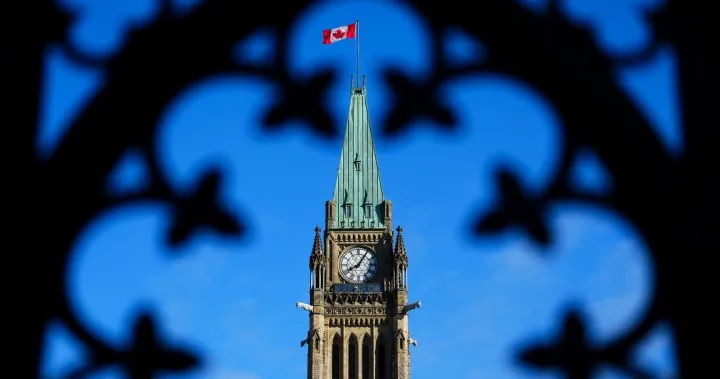
Major GST Holiday Tax Bill Inches Closer to Final Approval: What You Need to Know!
2024-11-29
Author: Charlotte
In a significant move to address affordability concerns during the holiday season, the Liberal government's Goods and Services Tax (GST) holiday bill has passed through the House of Commons with a majority vote. This critical legislation now moves one step closer to being enacted into law.
What's Included in the Tax Break?
The proposed two-month tax holiday, set to begin on December 14 and conclude on February 15, 2025, aims to provide relief on a variety of essential items. Eligible products include children's clothing and toys, video games and consoles, restaurant and catered meals, as well as festive items like Christmas trees. Consumers can also expect to see savings on wine, beer, candies, and snacks as part of this initiative.
Why Now?
The government has introduced this tax relief measure as a response to soaring inflation and rising costs that have been affecting Canadian households, particularly as they prepare for the holiday season. Alongside the GST break, the government also announced plans to distribute $250 rebates to working Canadians in the spring; however, this rebate was not included in the current bill.
Political Tug-of-War
The passing of this tax holiday marks the first piece of legislation approved by the House since late September, following a prolonged period of Conservative filibustering on unrelated matters. Notably, the Conservatives and Bloc Québécois voted against the tax holiday bill, with Conservative Leader Pierre Poilievre labeling it an ineffective "temporary tax trick" that could inadvertently inflate living costs.
In a heated exchange in the House, NDP Leader Jagmeet Singh criticized Poilievre for prioritizing corporate interests over middle-class families, citing past corporate tax cuts initiated during Conservative governance.
Bloc MP Marilène Gill argued that the list of exempt items appeared haphazardly created, calling it "completely arbitrary." Meanwhile, Green Party Leader Elizabeth May described the move as a “vote-buying scheme,” although she recognized the urgent need for economic assistance and ultimately supported the bill.
Financial Implications
Experts suggest that a Canadian family spending $2,000 on eligible items during the tax holiday could save anywhere from $100 to $260, contingent on their province of residence. All four Atlantic provinces and Ontario, which employ a harmonized sales tax system, will see the elimination of the entire provincial tax. Other provinces will benefit from the five percent GST reduction unless they choose to waive their provincial sales taxes as well.
The federal government anticipates that implementing this temporary tax cut could cost around $1.6 billion. Ontario’s treasury, in particular, expects to incur a $1 billion charge to withdraw the provincial portion of the tax on the specified items.
Looking Ahead
After successfully clearing the House, the bill—dubbed the "Tax Break for All Canadians Act"—now heads to the Senate for further consideration. Meanwhile, discussions continue regarding the proposed $250 rebates for working Canadians, with advocates from the NDP and the Bloc pushing for the measure to include seniors and individuals with disabilities who may not have regular employment income.
As the political landscape evolves, the repercussions of this bill on the economy and its acceptance among the Canadian public remain to be seen. Can this timely tax break alleviate financial strains as the holidays approach? Only time will tell!









 Brasil (PT)
Brasil (PT)
 Canada (EN)
Canada (EN)
 Chile (ES)
Chile (ES)
 España (ES)
España (ES)
 France (FR)
France (FR)
 Hong Kong (EN)
Hong Kong (EN)
 Italia (IT)
Italia (IT)
 日本 (JA)
日本 (JA)
 Magyarország (HU)
Magyarország (HU)
 Norge (NO)
Norge (NO)
 Polska (PL)
Polska (PL)
 Schweiz (DE)
Schweiz (DE)
 Singapore (EN)
Singapore (EN)
 Sverige (SV)
Sverige (SV)
 Suomi (FI)
Suomi (FI)
 Türkiye (TR)
Türkiye (TR)